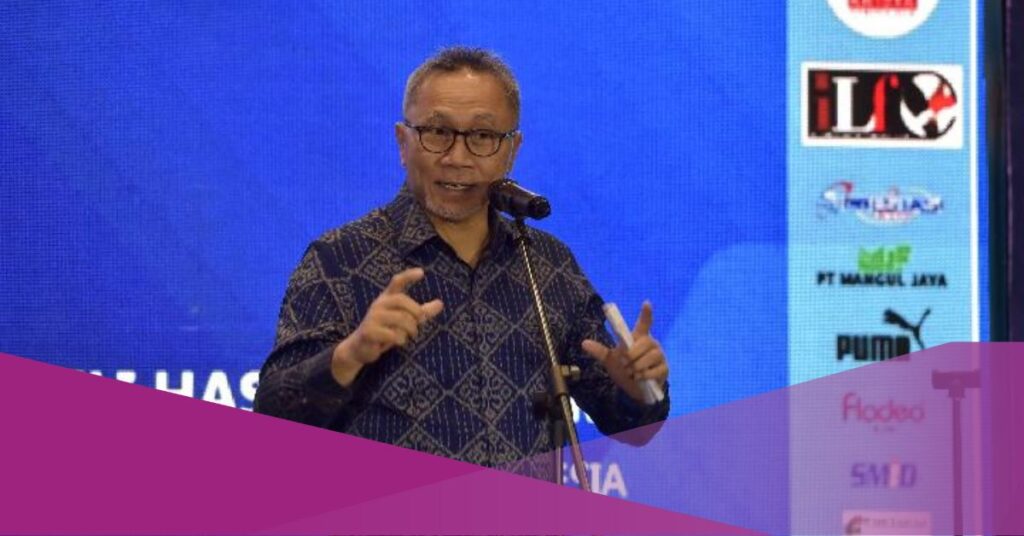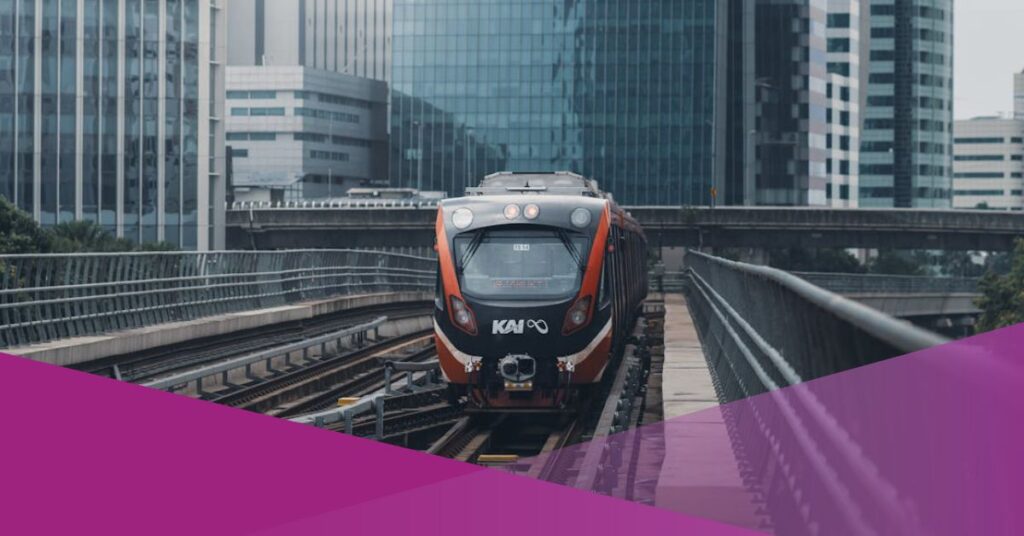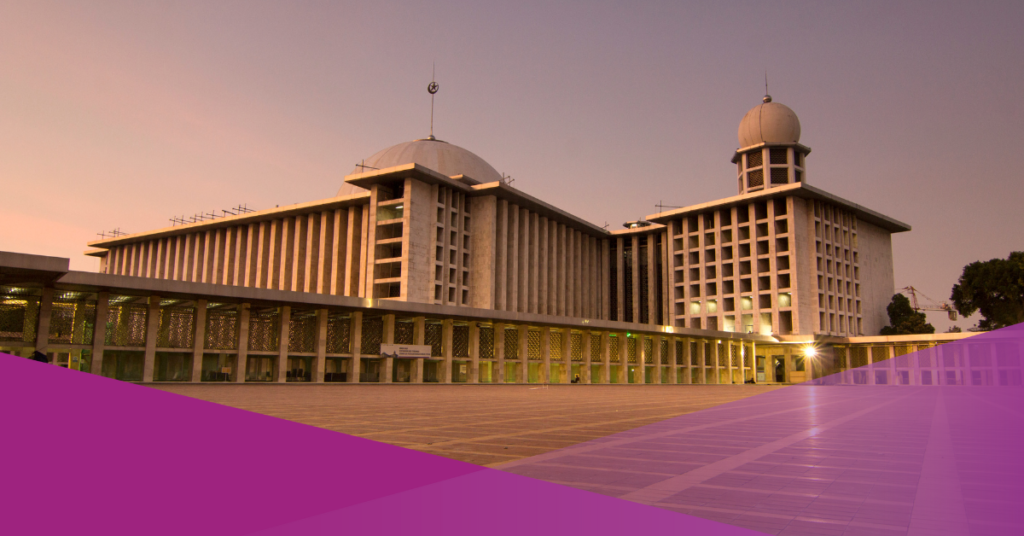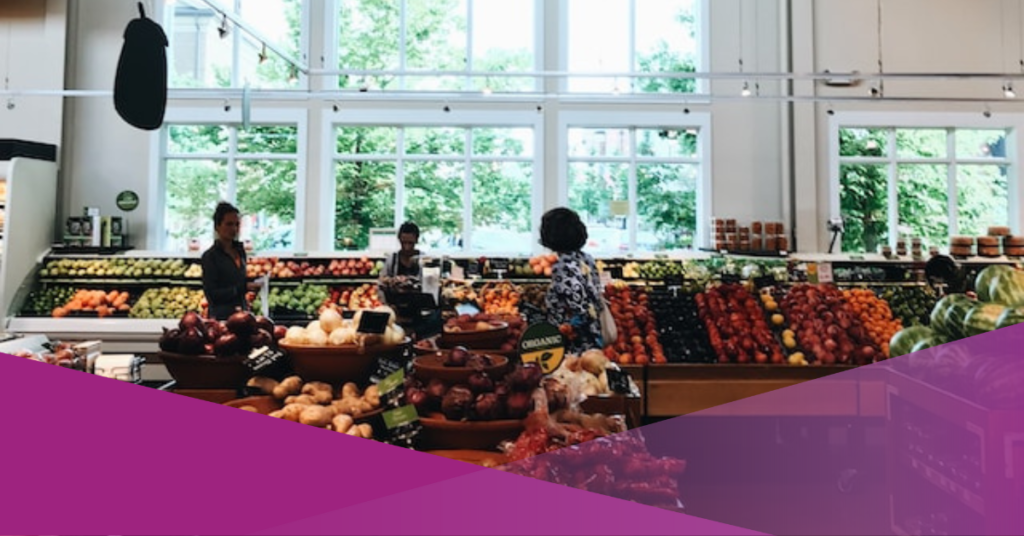Trade Minister Zulkifli Hasan declared today that the Indonesian government is gearing up to tighten the entry of imported goods into the country. The new measures aim to safeguard local industries, notably Micro, Small, and Medium-sized Enterprises (MSMEs), which could potentially suffer from an influx of imported products.
Minister Hasan revealed the government’s plans during a press conference in Jakarta on October 10, emphasizing the need for a proactive approach. “The government is regulating the import flow to prevent a flood of imported goods,” he stated. “The MSMEs will lose if that happens.”
Under the revised approach, the Indonesian government will shift from post-border inspections to border inspections to control the entry of imported goods more effectively. Customs officers will conduct border inspections, enabling a more efficient assessment of prohibited imported goods, known as Lartas. Previously, post-border inspections were conducted on goods already distributed within the country, and the responsibility lay with various relevant agencies and the ministry.
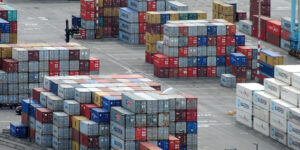
The government plans to release a comprehensive regulation specifying lists of goods subject to restricted imports. These items include toys, electronic goods, shoes, cosmetics, textiles, traditional medicines, clothing, accessories, and bags. At the same time, the authorities will introduce a positive list of goods that are permitted to be imported directly into Indonesia. This positive list is detailed in the Trade Minister Regulation No. 31 of 2023 on electronic commerce.
Moreover, the government is committed to strengthening border inspections to ensure a more steadfast service-level agreement and response. This move aims to reduce the “dwelling time,” which refers to the total duration a container spends within one or more terminal stacks.
Minister Hasan’s announcement signifies the government’s dedication to protecting the interests of local industries, especially MSMEs, by regulating the flow of imported goods. These measures are expected to strike a balance between trade and ensuring the sustainability of homegrown businesses. The business community and industry stakeholders eagerly anticipate these regulations’ precise details and implementation.
Interested in this topic? Check out our other articles from Social Expat:
